I'm just trying to make up for that depressing blog post last month when I discussed The Top 10 Killed Off Literary Characters That You're Still Emotionally Scarred Over.
I guess this month's blog post is a little bit of a step up.
So anyway, Harper Lee's Go Set a Watchman.
The title comes from a phrase in the Book of the Prophet Isaiah which states:
"For thus hath the Lord said unto me, Go, set a watchman, let him declare what he seeth." - Isaiah 21:6
Back in February, Lee's publisher confirmed the sequel announcing that the novel takes place 20 years after the events in To Kill a Mockingbird.
The new novel is set in the same Alabama town of Maycomb in the early 1950s, where Scout returns to her hometown from New York to visit her aging father, Atticus Finch. Except, her visit takes an unexpected turn when she learns her father's dark attitude toward society.
You can probably already guess what it is.
Anyway, the novel was finally released on Tuesday, July 14th and there has been many mixed reviews about Lee's sequel. Especially the uproar many people had when they found out that Atticus Finch was a racist.
Yes. You read that right. That Atticus Finch.
The first and foremost is that you have to understand the origins of Go Set a Watchman. Go Set a Watchman (GSAW) was the original rough draft to Harper Lee's To Kill a Mockingbird when she submitted it for publication. This novel was written a little over 50 years ago.
To make a long story short, Lee had submitted the rough draft of her manuscript to her then editor, Tay Hohoff. Hohoff read the manuscript and suggested that Lee rewrite the novel so that she approached the book from the perspective of Scout in her youth. That's how To Kill a Mockingbird was born.
So then what did Lee ended up doing with her original manuscript?
Well, like all early rough drafts, she abandoned GSAW and set on rewriting her novel. It took Lee two years to update the draft of her novel. It ending up becoming the literary classic that every child in high school and middle school was assigned to read, and later write an in-depth literary analysis on.
Good times.
And because I already learned before that this novel was essentially the rejected first draft of To Kill a Mockingbird, I was not surprised to find the entire novel . . . dry.
This was the main problem that I had with GSAW.
As someone who is familiar when it comes to reading rough draft manuscripts before, I really did feel like I was reading a draft to a novel – or poorly done fan-fiction – that I was suppose to edit.
Not going to lie, there were times when I felt like I should have broken out the red pen on this book.
Mind you, I haven't felt that way since I forced myself to finish reading Breaking Dawn.
But there were several lines in this novel, which I was like . . . um, okay?
Like this line in Chapter 1 when Jean Louise is on the train back home to Maycomb:
That being said, I will say that there is something sort-of cool about reading a manuscript that was later revised to launch one of the best-selling books of all time. You can truly see how this novel was later progressed to spawn To Kill a Mockingbird.
As much as so many fans of To Kill a Mockingbird wanted to like this novel, their disappointed was met when the novel just fell too short on the plot and some of the dialogue that was exchanged between several of characters.
The truth of the matter, is that you're not reading a novel, but a draft of what could have been To Kill a Mockingbird if Lee hadn't revised it.
But there are some good lines in GSAW that are still a testimony to how appealing a writer Harper Lee can be. Even throughout the mess of GSAW, Lee still has the charm in her writing that first appealed to readers when they picked up To Kill a Mockingbird.
In Chapter 3, when Jean Louise recognizes the town's attitude reflected in her Aunt Alexandra, she describes how the daughters in Maycomb were suppose to act when they became women:
But there is too many clichés that pop up here and there among the pages. So much so that it nearly drives you to the point of irritation. There's no genuine dramatic climaxes, there's not enough development on the new characters that Lee introduces in GSAW and the plot – as simple as it is – lacks immensely.
However, you have to give Lee's editor some credit when she first gotten her hands on Lee's original manuscript. Talk about how Hohoff saw a few paragraphs in GSAW referring to the trail of a young black man and pushed Lee to write a classic masterpiece.
The answer: NO.
As I said before, the entire novel is a drafted original version of To Kill a Mockingbird, published and then tailored to be released into a sequel.
It isn't an outstanding novel, but thankfully it doesn't ruin the majestic thoughts and ideas that To Kill a Mockingbird has. Think of GSAW as the Behind the Scenes selection when you pop in a DVD to your favorite movie. As much as you love the film in its originality, the Behind the Scenes breaks it down and explains to you where most of the inspiration for the film came from.
So if you do not wish to read Go Set a Watchman, that is entirely your choice.
But hey, at least we can always turn to Gregory Peck to keep our spirits up!
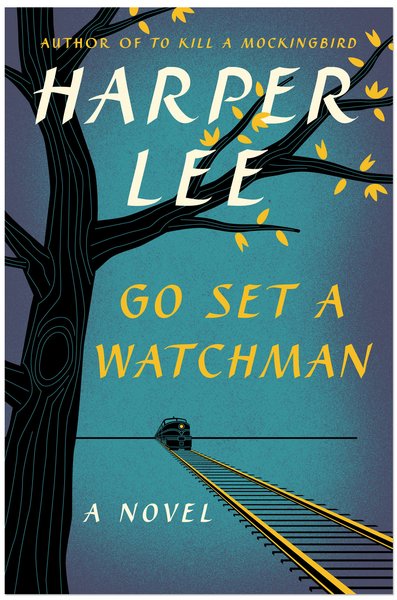
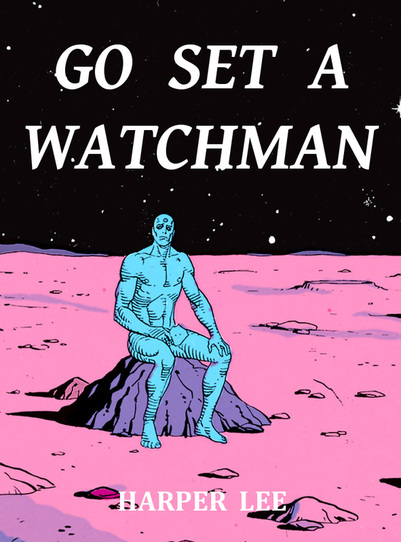
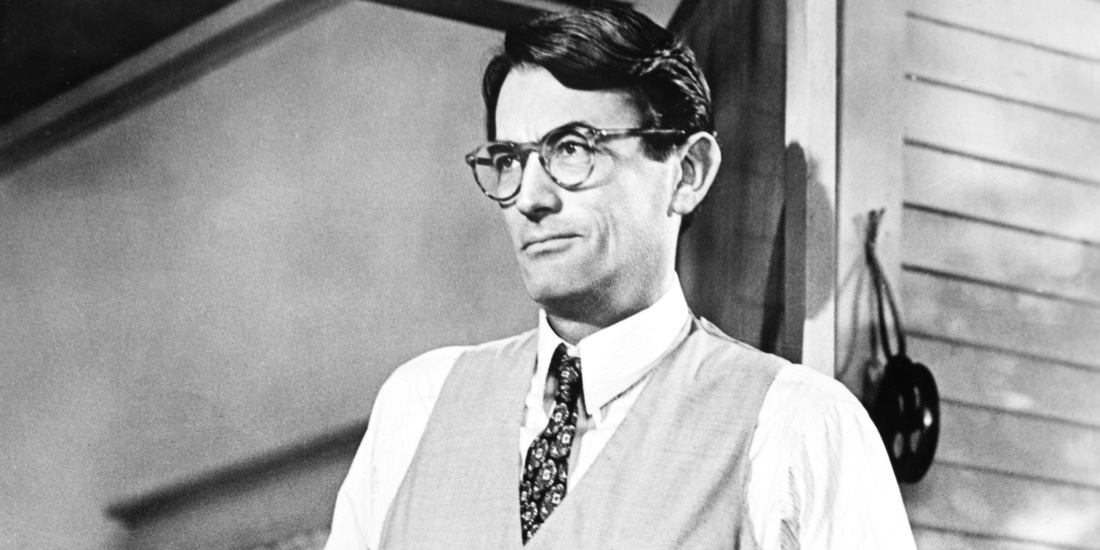



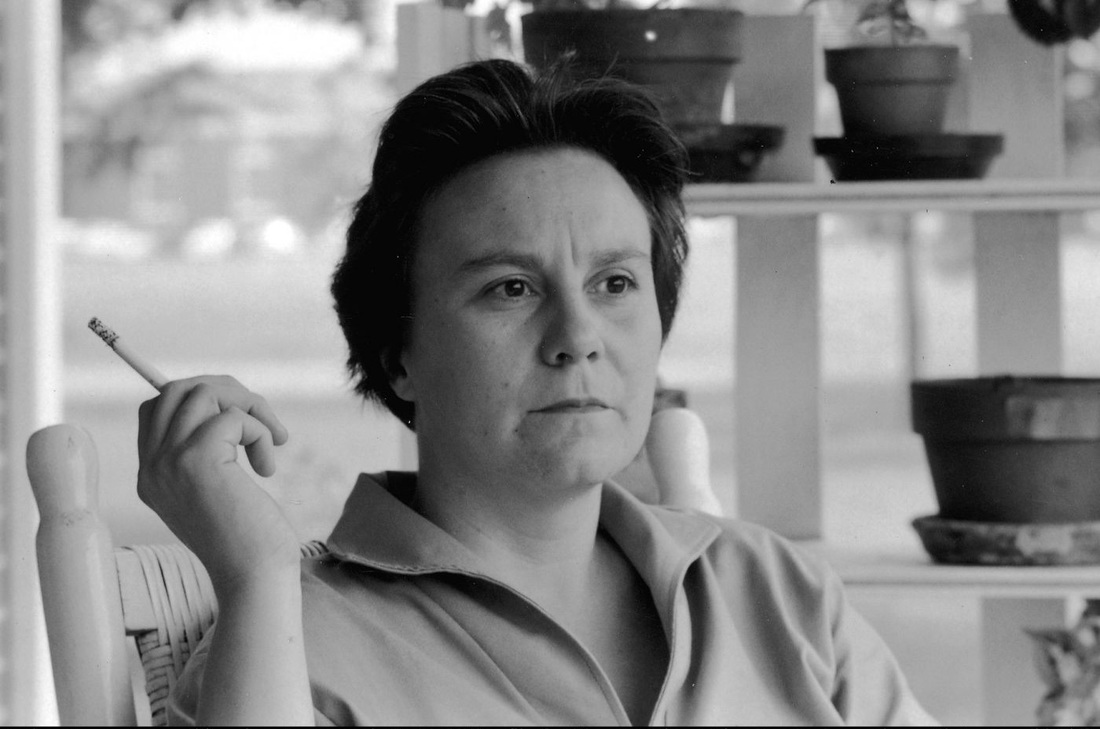
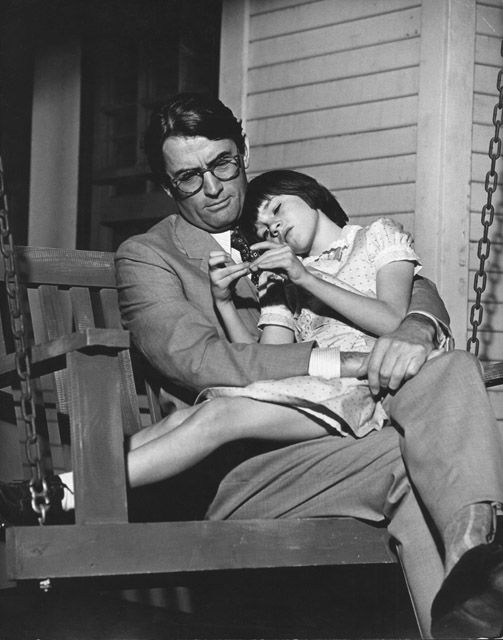
 RSS Feed
RSS Feed
